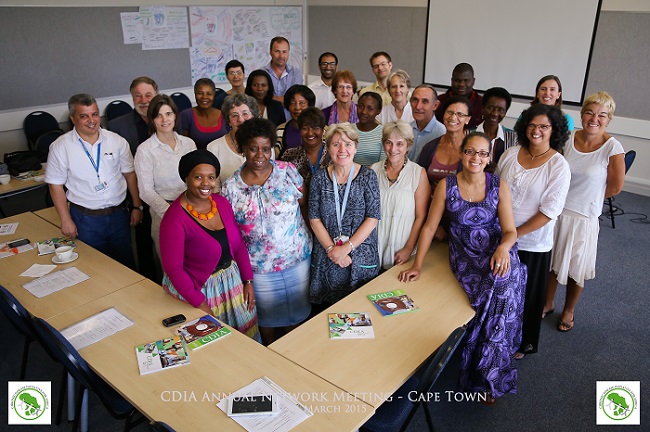Community health workers can improve SA healthcare

“CDIA researchers have made significant progress in the past year,”said CDIA Director Professor Levitt. “Non- communicable diseases have emerged as major threats to the South African population and we have succeeded in introducing practical, yet effective interventions, which have made a difference in many communities.”
Recent studies have suggested that HIV and NCDs (like heart disease, diabetes and cancer) might be responsible for about 35% of all annual deaths in South Africa. “South Africa has one of the highest burdens of disease per capita in the world,” said University of the Western Cape (UWC) Professor David Sanders, the chairperson of the Governing Board of CDIA.
Professor Levitt said CDIA research is demonstrating that one of the potential solutions to the current health crisis, as identified by doctors, academics and healthcare workers, is a better-defined role for community health workers. South Africa currently has about 72 000 community health workers who perform a range of functions and services, including home-based care to elderly and sick people.
“In South Africa the efforts of community workers are undermined by a lack of structure and support by government,” said Professor Sanders, who headed up the UWC School of Public Health from 1993 to 2009. “In South Africa, community health workers are not permitted even to dispense Vitamin A or deworming tablets.”
Professor Levitt concluded, “We already know community health workers can help, the question is how much more could they be helping?”
